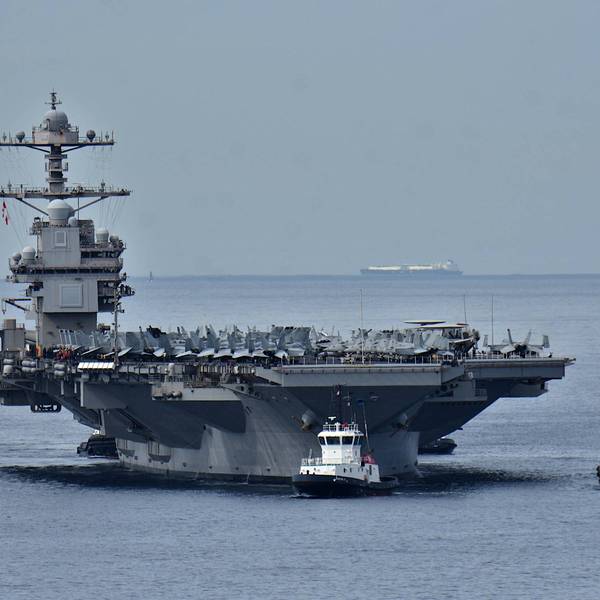Fears that President-elect Donald Trump's questioning of the "one China" policy and recent phone conversation with Taiwanese President Tsai Ing-Wen would amplify military tensions with China were seemingly confirmed on Thursday after an editorial in the government mouthpiece, The Global Times, called for "use of force" to deter Taiwanese independence.
"Time will tell after Trump's team takes over the U.S., whether it will willfully utilize the one-China policy as leverage to blackmail Beijing or restrain itself in actual practice," the editorial stated, referring to the diplomatic agreement that allows "the U.S. to do business with both China and Taiwan while only recognizing Beijing," the Guardian explains.
"In any case," the editorial continued, "the current farce has made China vigilant."
Underscoring the threat, the Chinese navy announced late Thursday that it had, on an "undisclosed date," carried out large-scale war exercises, using live ammunition, with the nation's first aircraft carrier.
The drill, conducted in the Bohai Sea, included "dozens of ships and aircraft as well as several air-to-air, air-to-ship and ship-to-air missiles." According to Beijing-based naval expert Li Jie, the exercises demonstrated the "enhanced capability of the [carrier] in coordinating marine and air defense, as well as anti-submarine tasks."
The navy of the People's Liberation Army said the goal was to "test the performance of weapons and the training level of the team."
Meanwhile, it was reported Friday that the Chinese navy seized an unmanned U.S. research vessel in the South China Sea, the disputed territory where the Communist nation has recently installed defensive weapons systems, as satellite imagery revealed on Thursday.
China has been on the defensive since President-elect Trump suggested in an interview last weekend that the U.S. did not need to be "bound" by the "one China" policy, but could rather use it as leverage to "make a deal with China having to do with other things, including trade."
Taking Trump's comments very seriously, the Global Times editorial argues that an effort towards Taiwan independence could be bolstered "with the help of international forces," namely "Washington," and thus argues, "It might be time for the Chinese mainland to reformulate its Taiwan policy, make the use of force as a main option, and carefully prepare for it."



